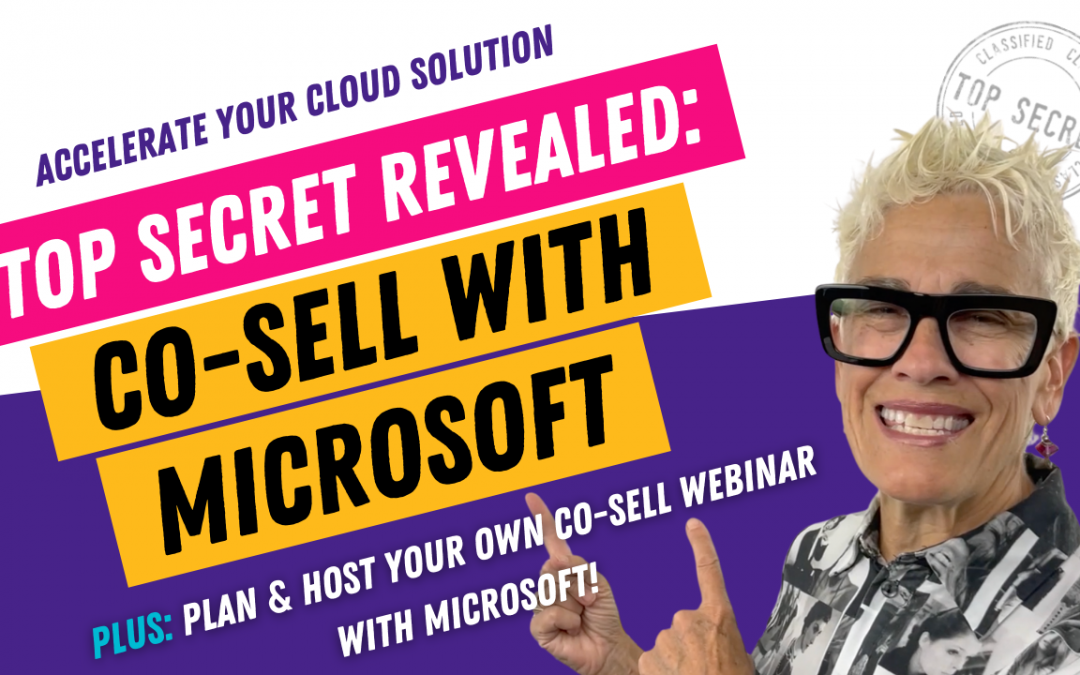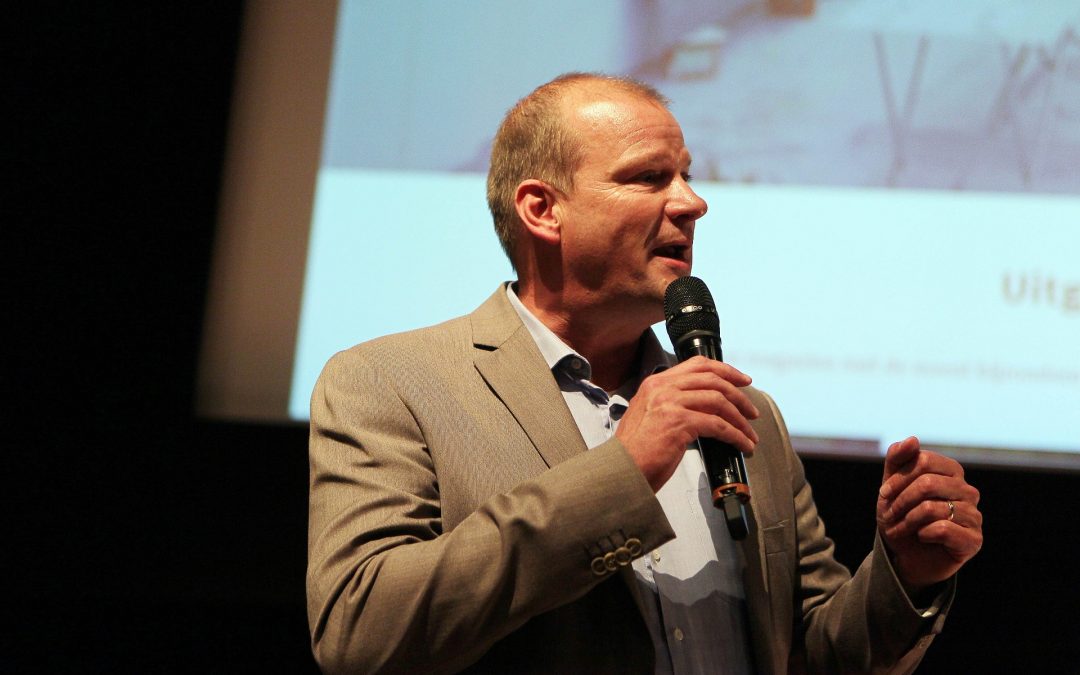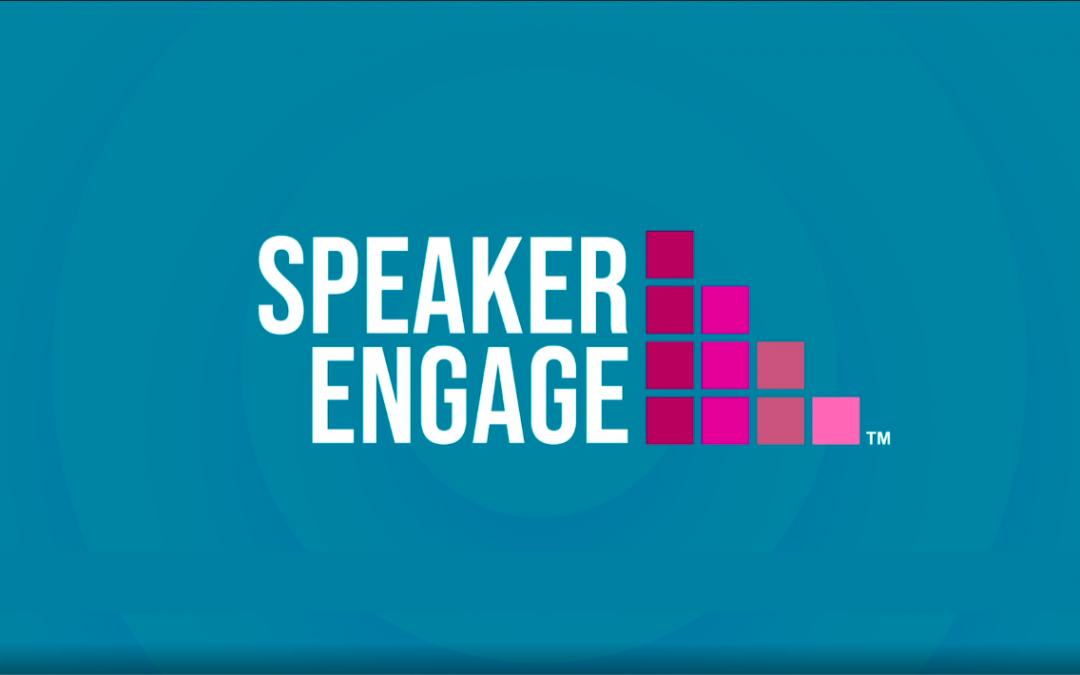
Oct 19, 2021 | Business, Event Industry, Featured, Marketing, Tech, Virtual Events
Learn how to plan and run a Microsoft Co-Sell Webinar!
Register now to Meylah’s new 5-Day Co-Sell Webinar with Microsoft Challenge!
Are you ready to start crushing your business game? Because at Meylah, we are 100% prepared to help you and your company get to the next level. But, how tho?
Easy peasy lemon squeezy. Our team has invested hundreds and hundreds of hours developing a new 5-Day Co-Sell Webinar with Microsoft Challenge just for you. If you got to this point, it’s because you heard (for sure) about ‘Co-Selling with Microsoft‘ somewhere.
First, you must understand that Microsoft is looking for software companies that offer solutions, apps, and services that might fit their clients’ needs. Becoming co-sell ready is the magic sauce to accelerate your market growth and profitability. So that’s an excellent opportunity for solutions that already are “Co-Sell ready”.
You may be wondering, why is it important to Microsoft that you co-sell with them? Well, here is your answer….There are 4 main reasons:
- Gaining access to customers to get insights and expand markets
- Product Differentiation and Filling Product Gaps
- Extending and Expanding Their Sales Teams
- And last, but never least, catalyzing cloud consumption
Now that you know what they care about, let’s discover the ways you can partner with Microsoft and their channel partners to co-sell
- The first is selling through their Cloud Marketplaces by publishing your solution, service or consulting.
- The second is getting access to Partner-to-partner relationships (P2P) through Cloud Solution Provider engagements.
- And the third is Traditional Co-Selling which is selling via their inside sales and/or enterprise field sellers.
As you may think, the first two options are the ones that have the most revenue. Why, tho? Simple. With these, your company is exposed to an enormous audience, which translates into more potential clients and opportunities.
The thing about co-selling is that it’s very similar to crypto; everyone wants a piece of it, but few people really know how it works (stay tuned for that). And even if you do know what Co-Selling with Microsoft is, are you even sure how to run your next webinar with them and generate leads to your business?
Run your next Co-Sell Webinar with Microsoft like a charm
From shopping to watching your favorite TV shows and movies, everything is done online nowadays. That’s also the case for businesses (and big companies) that want to present their shiniest and newest products and services to the public. Why should YOU be the exception?
Sometimes, running an online co-sell webinar may be a little overwhelming. But that shouldn’t be the case for you. With the correct tools, tips and tricks, it can be an excellent opportunity to create new connections and opportunities for your business.
That’s what the Meylah 5-Day Co-Sell Webinar Challenge is all about! You will get incredible insight into how things are done and what others you must keep in mind when preparing your next co-sell webinar with Microsoft.
We really want everyone to participate. And $500 worth of tutorials, tools, and other features, you can join us at this event for just $147.
Still not convinced? To make it more appealing for you, we’ll be offering a $100 discount for the first 30 participants that sign up for the challenge! The only thing you have to do is use the code [20COSELL] and you’re good to go!
What are you waiting for? Don’t miss the offer!
Join the Challenge Now!
But, hurry! Before someone else grabs your spot!
Take a look at some of the incredible features you will get by signing in to the Challenge for this fantastic price:
- You’ll learn how to run your next Co-Sell Webinar with Microsoft.
- Access to our most useful Ultimate Co-Selling Webinar Planning Toolkit.
- Exclusive access to our Office Hours & extra content after every Challenge day (from 5 to 6 PM PST).
- Access to industry experts to guide you to run your perfect co-sell webinar
- Permanent access to the videos and all the Challenge content post-event
- Access to cloud software discounts to run your next webinar!
- And so much more!
Starting on November 1st. Stay tuned for more information!

May 26, 2021 | Event Industry, Tech, Trends, Virtual Events
Video conferences, business networks, and community activities are becoming increasingly popular with each passing day. According to Global Market Insight, the video conferencing market reached USD 14 billion in 2019 and is expected to increase at a CAGR of more than 19 percent between 2020 and 2026. But as these meeting methods scale new heights, the process of selecting the speakers and sending invitations is becoming increasingly complex.
(more…)

Mar 25, 2021 | Event Industry, Marketing, Microsoft Teams Live, Virtual Events
Virtual events can be challenging to organize. It is not just about putting together a line-up of speakers and throwing a show together at the last minute. Sometimes, organizing virtual events requires more time than physical events. It is certainly challenging but it is achievable, and moreover it is thrilling.
(more…)

Dec 24, 2020 | Event Industry, Marketing, Tech, Virtual Events
There was a time when it was understood that ‘events’ meant ‘in-person’ events. But not anymore. Marketing has changed a lot from the last year or so. One major development is virtual events have taken center stage in marketers’ priorities.
It is true, we are missing out on experiences such as traveling and meeting people in person. But virtual events have managed to hold their fort and are doing surprisingly very well. According to a poll conducted by the Professional Convention Management Association, 81% of people expect to hold more virtual events in the future. And there is good reason to. Let’s see some major reasons why virtual events are useful and why an increasing number of people are adopting them.
1. Virtual events can be produced for less
Virtual events not only cost less to set up than in-person events, they are also open to more people. All you need is an invite and access to the internet to attend one. With a virtual event, you don’t have to make arrangements for venues, travel, or hospitality. If you plan and execute virtual events properly, they can give you more ROI than in-person events.
2. You can plan and execute a virtual event in less time
Virtual events don’t require you to transport people or physical displays, making them faster to set-up than in-person events. A small virtual event can be set-up and promoted in as less as 3-6 weeks. A large virtual event (with thousands of attendees) could take more than six weeks to set up. Meanwhile, it can take as long as eight weeks to set up an in-person event.
3. Attendees are more likely to attend a virtual event
Earlier, many people couldn’t attend as many events as they wanted to because they were averse to traveling. Many also had busy work schedules, in addition to the family and home responsibilities. All these ate into their event plans, and only people who absolutely couldn’t miss an event made it to in-person events. But the rules have changed now. Online hosting of events has made events accessible to more people. Today, we see more people attending virtual events than ever before.
4. Virtual events connect people from over the world
One of the significant disadvantages of in-person events is that they are limited by geography. For example, you want to attend a Metallica concert in New York City but you stay around 100 miles away, in Hartford, you have to think twice about attending. Virtual events give an excellent opportunity for cross-border networking because they are not limited by geography. If you are a business or event planner with global aspirations, this is a huge plus point. Here’s a post on the rise of the event technology strategist.
5. Virtual events can lead to more effective conversations
Holding a virtual event often costs a fraction of what it takes to have an in-person event. They also attract attendees from diverse locations. This makes it possible to hold virtual events for even niche events. With virtual events, you also have an opportunity to really impress your audience, rather than merely skimming the surface. Moreover, attendees at a niche virtual event are more likely to be interested in your product (or service) than others. Here’s a post on how to effectively market a virtual event.
6. Virtual events give a lot of insights and data
Asking people to fill up forms during and after in-person events is a bit of a hassle. But you need that data to find out what type of people are attending your event and other particulars. A filling of forms precedes many virtual events. Virtual events are also easy to record. This is an invaluable resource for salespersons who want to find prospects for their product (or service) or marketers who wish to find data points to fine-tune their strategies.
6. Virtual events appeal to high-profile speakers
High-in-demand speakers are hard to pin down for an in-person event unless you offer something substantial in return. In fact, you may not be able to get a high-level executive even from your own company to speak at your in-person event, especially if they have to travel a lot. But in virtual events, there is no traveling involved. This feature makes virtual events more attractive to high-in-demand and C-level speakers.
7. Virtual events are much easier to scale than in-person events
In-person events can be scaled only to the extent of the capability of the venue. With virtual events, you have the option of using a videoconferencing app or a dedicated streaming service. As a result, virtual events are much easier (and faster) to scale to accommodate a large number of people at a fraction of the cost. And more people mean better reach and visibility.
8. Virtual events can keep pace with your offerings
If you are about to launch a new offering or make a significant announcement regarding your product, and you want it to be interactive, a virtual event can help. Now, you no longer have to wait to accumulate a large product pipeline and introduce all of them at once at an in-person event. Instead, you can make more frequent announcements via a virtual event.
9. Virtual events help you qualify leads more quickly
It is possible to integrate appointment calendars with virtual events, allowing you to follow-up with prospects, even as your events are running. In short, virtual events enable you to qualify leads more quickly and lead them down the sales funnel faster.
Running a virtual event is both easy and difficult at the same time. You not only have to come up with creative ideas to make your event attractive to your audience; you also have to find the right technology to ensure the event passes off smoothly. Here’s a post on the latest trends in event technology.
How good it would be if you had a platform to curate and engage with at least your speakers! But don’t give up yet because have some good news for you!
Speaker Engage is a fully-integrated, cloud-based platform designed by event organizers for event organizers that helps you curate and delight speakers & sponsors by streamlining the event planning and execution process. Sign up for a demo today!

Dec 24, 2020 | Event Industry, Marketing, Tech, Virtual Events
In the wake of the coronavirus pandemic, many businesses and event planners switched to virtual events rather than cancelling their pre-decided in-person meet. As a result, virtual conferences and events have become the new normal. Businesses may now directly reach thousands of people in different locations at the same time through virtual events.
However, it is not easy to conduct and manage virtual events. It requires thorough planning and an investment of time and effort for its successful promotion and execution. Your event marketing strategy must be on point to provide participants with a terrific experience and ensure the event’s success.
Here are a few tips on how to promote a virtual event in a better way to meet all of your objectives.
A- Create an attractive landing page for the event
A landing page is where the users go to in order to learn everything about your event. Since the first impression has to be the best, the landing page you develop for your event must stand out with vital information presented appealingly. The landing page should give out the complete information regarding the event, with the registration link pushing visitors to join the event. The page should be detailed and attractive to draw the attention of the user. Some of the essential information that has to be added to the landing page are:
- Time
- Date
- Agenda
- Speaker information
- Sponsor information
- Registration link
- Payment option (if any)
B- Make use of existing database for email marketing
Email marketing is still the most effective marketing strategy to drive results. Send out email newsletters with a clear subject line to your target audience. Come up with an engaging email campaign and share valuable information to educate your audience about the event updates. The email should have complete information regarding the event. Make sure to hook your audience with exciting updates and offers, such as discounts and early-bird offers.
C- Leverage your social media channels
Promoting your event on social media platforms is one of the best ways to reach more people. And there are endless ways to do so. Understand your audience and their behavior patterns; this will help you come up with the perfect plan to market your campaigns. Craft distinctive, appealing social media posts to increase engagement and generate leads. Here are some ideas that you can follow:
- Spread the word by creating a hashtag.
- Share eye-catching images and videos optimized for each platform.
- Publicize the event’s unique selling points widely.
- Promote early bird offers and deadlines, driving urgency to boost registrations.
- Increase engagement by creatively introducing the host.
D- Boost promotions through your partners, sponsors, and speakers
Involving your speakers, partners, and sponsors in the promotion efforts of your event will help you gain exponential results. When the speakers promote your event on their social media channels with the relevant content and hashtag, it will help you get their audience to the event. And, when the sponsors and partners promote your online event, it reaches new audiences and has tremendous effects on the turn up. Encourage them to share the event’s details with their contacts and followers so that the word gets out. Sharing the registration links, social media page links, graphics, announcements, etc., is a step in the right direction.
E- Prepare attractive videos for promotion
We all love watching original video content. Videos are a crucial aspect of your event promotion strategy. Several studies explain that with a 2-minute video, you can hit the engagement jackpot. Thus, create a short video (no longer than 2 minutes) showcasing vital information regarding the event and share it on all social media channels and YouTube. Make it funny and engaging, and use your social media hashtag somewhere in the video.
Summary
Virtual events can seem tricky. However, with a proper and sound marketing plan, you can easily promote your event, which will help you drive as many participants as possible. Follow the ideas mentioned above and promote your event successfully.
If you are planning to organize and promote your virtual event, contact us. We will help you ease your task and guide you every step of the way.
YouTube description: Promoting a virtual events sound very tricky. But it doesn’t have to be. Watch this video to learn a few tips and tricks on how to promote your virtual event in the best way possible.

Dec 16, 2020 | Event Industry
Virtual events are becoming part of our daily routines as companies and organizations start adapting to remote work. It is possible that for some brands, this is a temporary shift. Even then, we must admit that hosting events online is significantly more beneficial than an in-person event. For instance, unlike a physical event, a virtual event enables your brand to tap into global audiences.
Online events are not going anywhere. A simple Google search will throw up many competing webinars, Q&As, and live streams for any topic under the sun. With a plethora of online events fighting for attention, it can be quite challenging to get people interested in your event.
So, if you are planning to shift your in-person event to an online event, how do you ensure that it receives the most attention? Here are a few things that you can do.
- Set the right expectations
When you hold an in-person event, you have to be clear about your content to promote it adequately. These rules apply to online events as well. Setting expectations is a necessity to get what you want, the way you want it. Online events differ in their content, and your audience will want to know what they are signing up for before committing their time and money.
You can follow this logic when you send emails to your registrants as well. If you remind them why they were interested in attending the event, they are more likely to turn up for the event. Here are a few tips for boosting your webinar marketing strategy.

-
Encourage your speakers and employees to speak about the event
The more people talk about your event, the better the publicity. Requesting your speakers, employees, and other stakeholders (sponsors, co-branding partners) to talk about your event on their personal platforms, is an excellent way to get some free publicity for your event.
Start by sharing a link to the event with them. If you want to go further, share marketing collateral like posters, videos, and other content as a part of your virtual event’s marketing strategy. The latter’s advantage is, it will make them more likely to share your event with their audience. Here’s a post on how you can increase attendance at your virtual events.
-
Take advantage of co-branding opportunities
Co-branding is a strategic alliance of multiple brands for a single product (or service). It is a great way to enter new markets and boost awareness about what you are offering.
In co-branding, you partner with another brand or sponsor to create an event and inform your audience about the event together. It allows you to piggyback on your co-branding partner’s popularity. But you must ensure it is a partnership where all the parties are benefited.
-
Enter your event in an online event registry
An easy hack to increase your event’s visibility is to enter your event’s details on an online event registry. This is an excellent way to market smaller events or ones where you have a limited marketing budget.
Speaker Engage’s online event directory is a good place to start. It allows you to discover events by date, location, industry, and event type. It is a one-stop shop to find exciting events and webinars and you can also benefit from the co-branding opportunities it offers you. Click here to explore how you can scale up your event using virtual event marketing strategies and ideas.
-
Track the success of your marketing efforts
Management guru Peter Drucker says, ‘if you can’t measure it, you can’t manage it.’ If you are spending time or money arranging a virtual event, you will want to track its performance. This way, you can discover which of your marketing strategies are working and which are not.
There are many ways to track site visits and registrations. To measure site visits, you can use Google Analytics. To discover returns on social media marketing expenditure, you can use their propriety analytics platforms. To find out where the registrations are coming from, you can use UTM links.

-
Create a virtual event that people want to attend
The marketing of virtual events is similar to that of in-person events. But there are some key differences. For one, you can market a virtual event to a broader audience (even a global one). Secondly, the virtual event marketplace is very competitive, and you may have to vie with others to grab eyeballs.
Third, the goal of marketing in-person events is to get people to purchase tickets. For virtual events, the purpose of marketing are many, to get people to register for the event, to remind them to log in at the right time and to get them to follow a call to action after the event.
Finally, don’t forget, the goal of conducting a virtual event is to inform people about a product (or service). The way you pass this message along will largely determine the success of your event. Looking for ways to get more people to turn up at your event? Speaker Engage is your best partner for all online event planning and management tasks, with futuristic tools and online event management software.
Meanwhile, if you want to simplify how you manage and coordinate your events as an event manager, try Speaker Engage. Sign up for a demo today!










